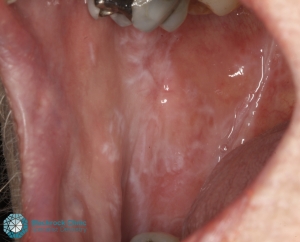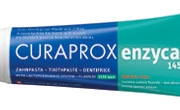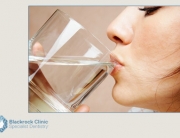What is lichen planus?
Lichen planus is a common inflammatory condition, that affects roughly two percent of the population. The precise cause of lichen planus is not known although it is likely that it occurs due to the immune system reacting abnormally against the lining of the mouth. There is no strong evidence that lichen planus is inherited and it cannot be passed from one person to another.
Some medications, dental filling materials and a small number of medical conditions can cause lichen planus-like areas in the mouth.
How can it affect me?
Lichen planus can affect the mouth, skin, genital area and rarely the lining of the throat. In the mouth it can cause white patches, red areas and mouth ulcers. It can also cause the gums to bleed and appear inflamed. These can all result in the mouth feeling sore or sensitive to certain foods. Many people with oral lichen planus find that spicy, acidic or salty foods cause their mouths to feel sore.
How is it diagnosed?
Lichen planus can often be identified simply by looking at the inside of your mouth. A small biopsy is usually also required to confirm the diagnosis.
How is it treated?
Oral lichen planus requires treatment only if it is causing the mouth to feel sore or sensitive. As the cause is unknown, there is no cure for lichen planus. The treatment is therefore aimed at reducing the amount of time that the mouth is sore and at reducing the severity of the soreness. For most patients, steroid mouthwashes, creams or sprays are effective and have few if any side effects. In a small number of people, stronger medicines are required to suppress the immune system. Some people with lichen planus find that normal toothpaste can sting their mouthes. Sodium lauryl sulphate (SLS) free toothpastes may be more comfortable in this case.
When lichen planus affects the skin or genitals, it is sensible to be assessed by a skin specialist, who can advise on the best treatment for these areas.
What are the long term effects?
Oral lichen planus has been associated with a slightly increased risk of developing oral cancer. The risk of developing mouth cancer due to lichen planus is controversial but appears to be low. As there is no way to reliably determine the individual risk it is advised that patients with oral lichen planus are regularly screened for changes in their mouth. In order to reduce the risk of mouth cancer it is important not to use tobacco, not to consume large amounts of alcohol and to eat a balanced diet, rich in fruit and vegetables.
If you are concerned about any part of your mouth you should attend to have the lining of your mouth checked.




